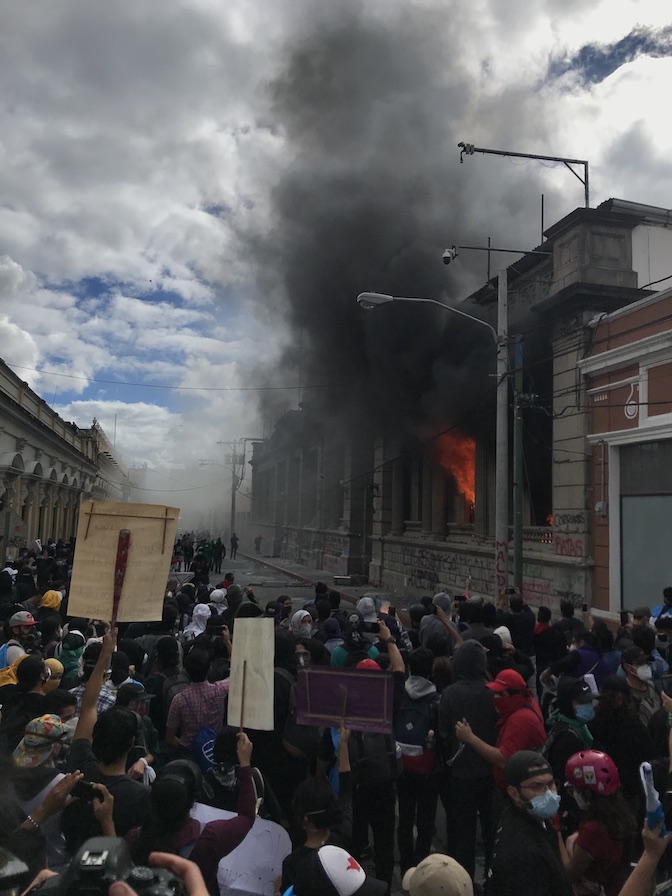
Covid-19, Fatness, and Risk: Medico-Media Discourses and Stigma
Contemporary English speaking media and popular medical discourses on Covid-19 have been notable in their stigmatization of fatness by implicitly and explicitly arguing that susceptibility to Covid-19 is causally increased by fatness qua fatness. This is accomplished by the assertion that a causality exists between BMI, a problematic gage on its own, and comorbidities like cardiovascular disease, diabetes, and asthma. Headlines like “HEAVY BURDEN: The truth about obesity and coronavirus – from ‘crushed lungs’ to organ failure as bodies put under ‘severe strain'” (Pocklington 2020), and “Coronavirus: Obese people at greater risk of death and may stay infectious for longer” (Urwin 2020), are indicative of a media landscape that relies on ambiguous and ill-communicated science to produce clickbaity headlines that are both harmful and misleading. (read more...)







